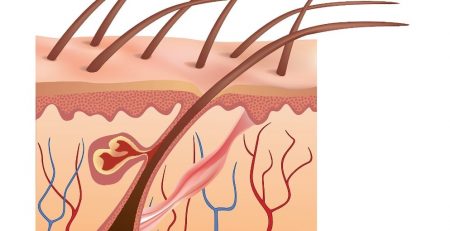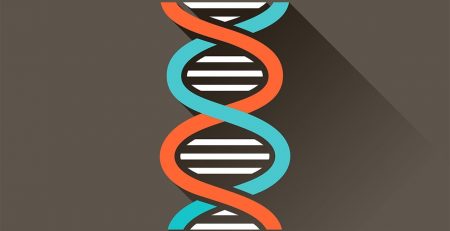Why Are Autoimmune Diseases So Much More Common in Women?
According to John Hopkins, autoimmune diseases affect 23.5 million Americans, and nearly 80 percent of those are women. Autoimmune diseases turn people’s own immune systems against their bodies and include diseases like lupus, rheumatoid arthritis and thyroid disease.
“Some scientists now think the placenta itself might be the reason why women are so disproportionately affected,” The Atlantic reported. A paper recently published in Trends in Genetics by evolutionary biologist from Arizona State UniversityMelissa Wilson explains a theory dubbed “pregnancy-compensation hypothesis”.
She hypothesizes that, over time, women’s bodies evolved to cope with the high number of pregnancies they would experience throughout their adult life. When the placenta grows during pregnancy it signals the mother’s immune system to change activity so that the body doesn’t reject the fetus. Wilson and her colleagues believe a woman’s immune system ramps up throughout her adult life “so as to remain vigilant against germs even when some of its parts become dormant during pregnancy.” But what happens when no pregnancies occur? Wilson and her team believe the immune system becomes too aggressive. “It starts looking for things to attack that aren’t dangerous, which is how autoimmune diseases set in,” The Atlantic reports.
While this isn’t the first theory attempting to address why women suffer from more autoimmune diseases than men, Wilson believes her theory synthesizes many of these theories. “They were all right,” she says. “But everyone was looking under their own streetlight, and we just waited for it to be daytime.” Wilson hopes that this research will lead to further information about what exactly the immune system is responding to, as well as ways to target it.
###














